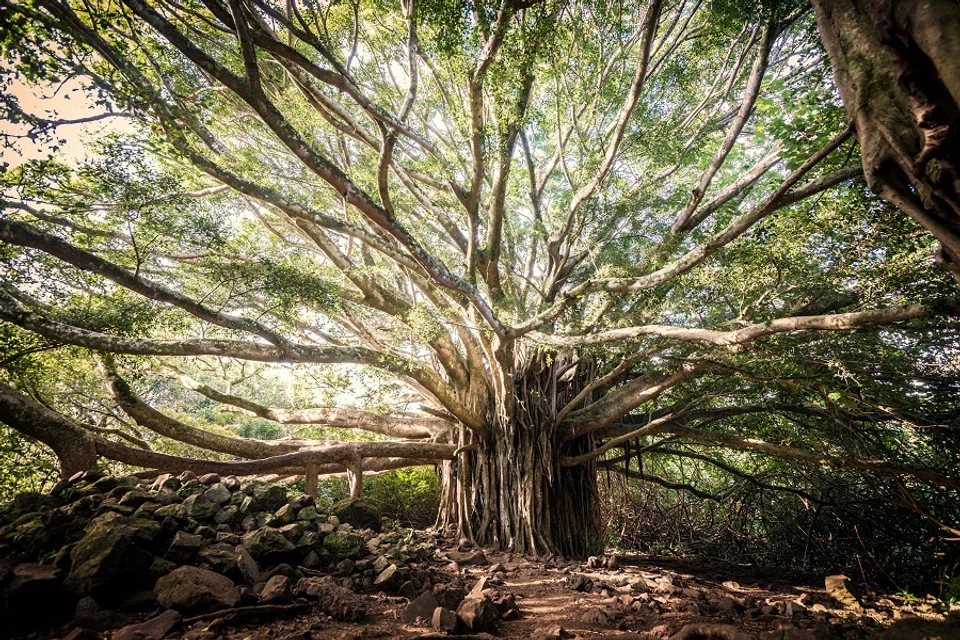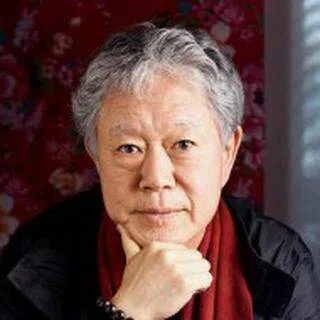Taiwanese art historian: 'Lord of the banyan tree' and his grand wisdom
In a simpler age, rural communities wisely followed folk religions that respected the seasons, land and nature. Chiang Hsun rues today's reality where modern life has encouraged the neglect of these cardinal rules, leading to environmental damage and other adverse effects.

In Taitung's Chishang township, there is a Tudigong (土地公, Lord of the Soil and the Ground) temple by the fields. A giant banyan tree accompanies it. Under the tree stands a small one-square-metre shrine that the villagers have erected. It houses a tablet of the "Lord of the banyan tree" and an incense burner lit all year round to honour the ancestors.
In the rural areas, as big trees are worshipped like gods, they are not cut down easily. Folk religions follow their own logic and system of beliefs. They respect the seasons, the land and nature.
Over the past 50 years, how many ancient trees have vanished from the city of Taipei that I grew up in?

But humankind has destroyed nature to such a great extent. The forests are destroyed; the heavens and the earth are off balance. The climate is changing. Rain no longer falls during the wet season, and areas with abundant water resources are beginning to dry up.
Elections held once in four years have produced many short-sighted politicians who talk big and are arrogant and domineering. But the construction of dams and reservoirs cannot be achieved with empty talk; the development and conservation of water resources are not tasks that can be completed within four years. In fact, forest conservation is a great cause spanning centuries - how can these issues be solved by short-sighted politicians who serve for a mere four years?
Humanity is about to suffer from water scarcity. Can we look back and reflect on how we used to trample on and destroy nature? Over the past 50 years, how many ancient trees have vanished from the city of Taipei that I grew up in? How many water drainage systems and canals are gone? How many streams have dried up?
Shouldn't the ethos of respecting nature and life in traditional rural areas be an adage that is valued once more?

For thousands of years, each household has hung an amulet of "good weather, good crops" on their door. Their fervent prayer is a reminder and a warning to us. But humans today are willing to destroy precious ecology formed over thousands of years for four years of short-sighted economic benefits. Nature is protesting - forest fires, droughts and water scarcity, parched lands, haze and smog, ocean pollution... We destroy nature on one hand and cry out that we do not have water on the other - don't we know that the proverb "What goes around comes around" applies to nature too?
I want to bow my head and reflect before this small banyan tree shrine. Shouldn't the ethos of respecting nature and life in traditional rural areas be an adage that is valued once more?





![[Photos] Fact versus fiction: The portrayal of WWII anti-Japanese martyrs in Taiwan](https://cassette.sphdigital.com.sg/image/thinkchina/3494f8bd481870f7c65b881fd21a3fd733f573f23232376e39c532a2c7593cbc)